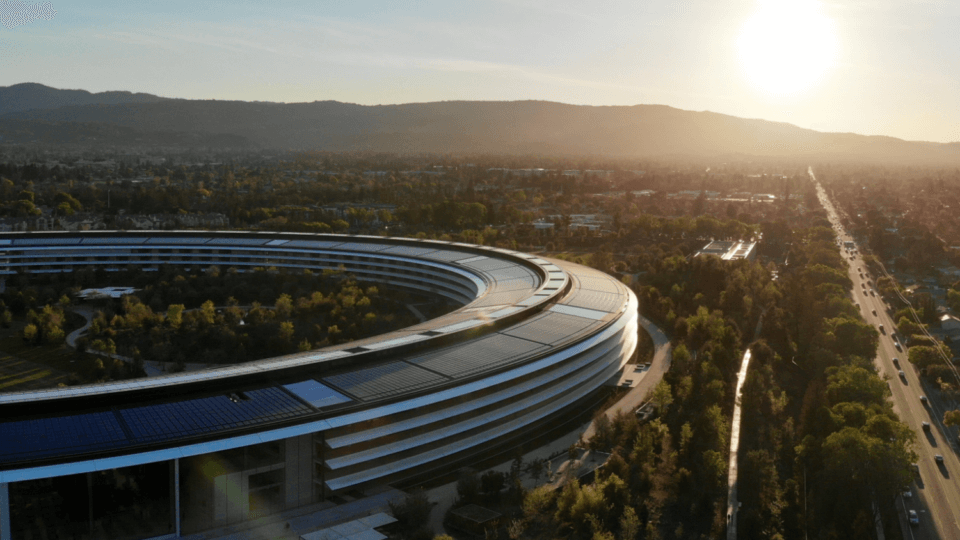Today, Apple confirmed that it will delay the launch of its iOS 14 AppTrackingTransparency feature until early next year. However, Apple still intends to release iOS 14 this fall, along with its new privacy “nutrition labels” and other privacy features.
AppTrackingTransparency Framework Delayed
The AppTrackingTransparency framework seeks to give users more control over whether advertisers can track users and their devices across websites, apps, and offline properties. When enabled, the feature will require advertisers to obtain user consent before being able to track a device across third-party apps and websites. Apple delineates several examples of “tracking” that will each require user consent through the framework:
- Displaying targeted ads in an app based on user data collected from third-party apps and websites;
- Sharing device location data or email lists with a data broker;
- Sharing a list of emails, advertising IDs, or other IDs with a third-party advertising network that uses that information to retarget those users in other developers’ apps or to find similar users; and
- Placing a third-party SDK in an app that combines user data from the app with user data from other developers’ apps to target advertising or measure advertising efficiency, even if the SDK is not used for those purposes.
Apple’s definition of tracking for the framework excludes (1) situations where data is linked to third-party data solely on the user’s device and is not sent off the device in any way that can identify the user or device, and (2) sharing data with a data broker solely to detect and prevent fraud.
Privacy Nutrition Label Still on Time
Apple still plans to release its new privacy “nutrition labels” this fall. Inspired by the conventional nutrition label, Apple will add charted breakdowns of each app’s privacy practices to each app’s product page in the App Store. The label will be based on detailed questions that app developers must answer and submit to Apple about their app’s data collection and use, whether data is linked to the user, and whether the app developers or any third parties use the data to track users. App developers must also update their responses to these questions if privacy practices change. Apple will then convert these answers into more user-friendly labels displayed on the app’s App Store product page, featuring headers such as “Data Used to Track You,” “Data Linked to You,” and “Data Not Linked to You.”


